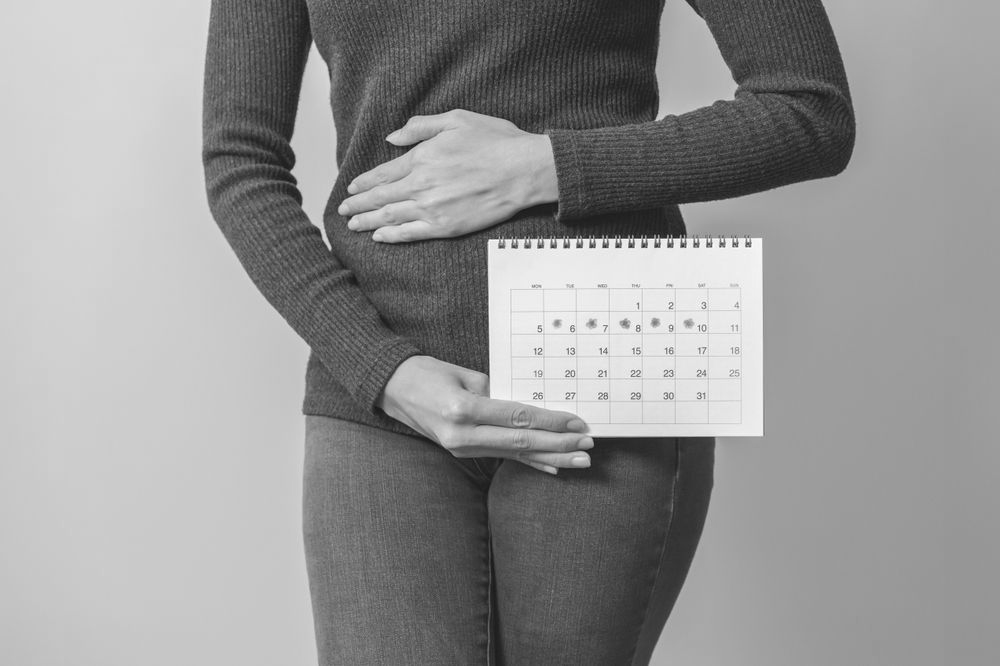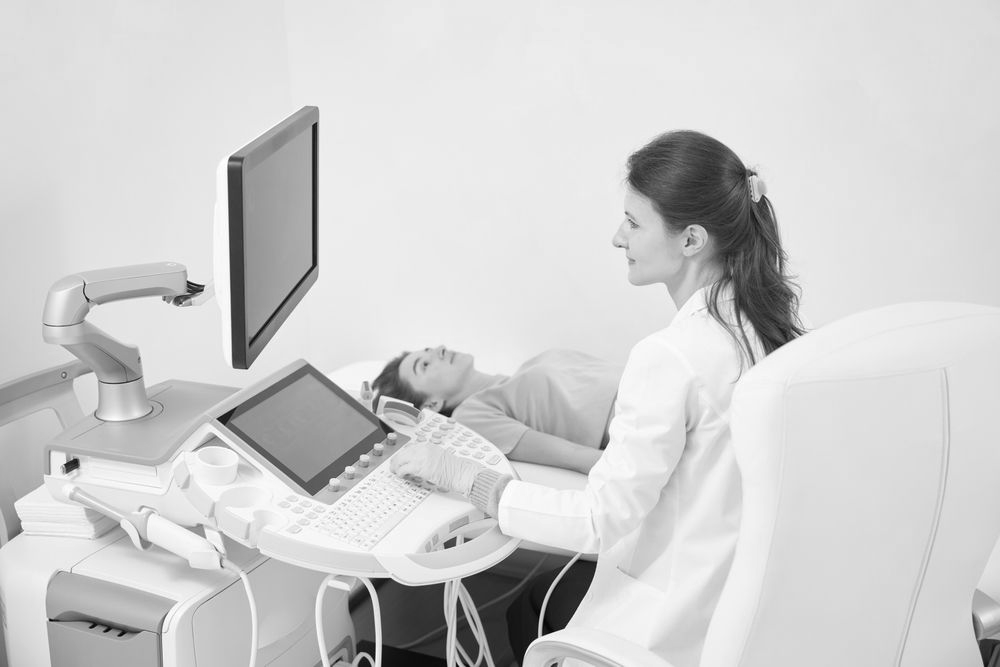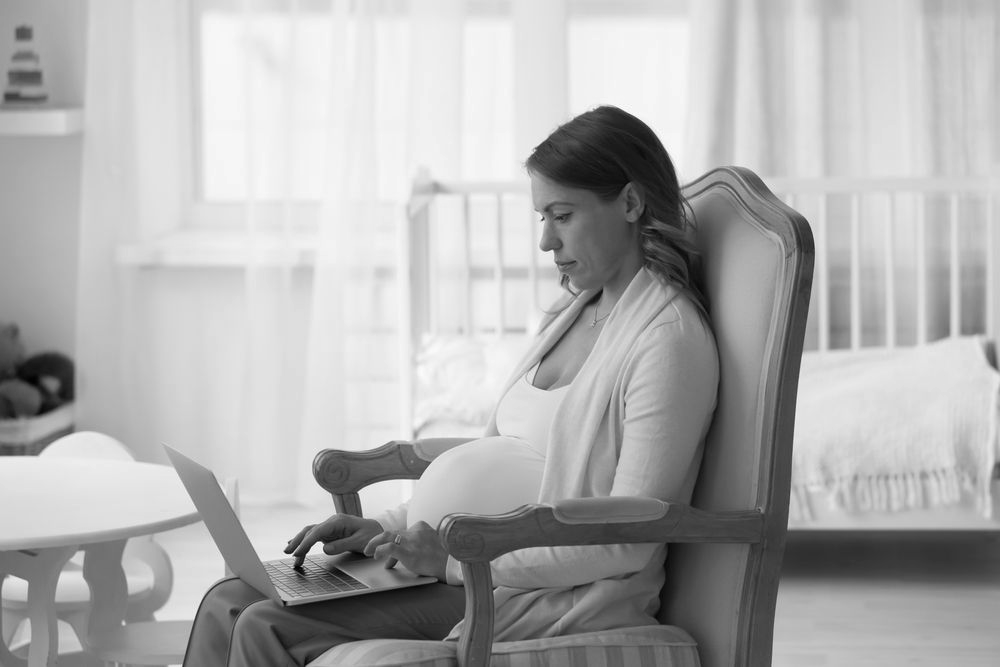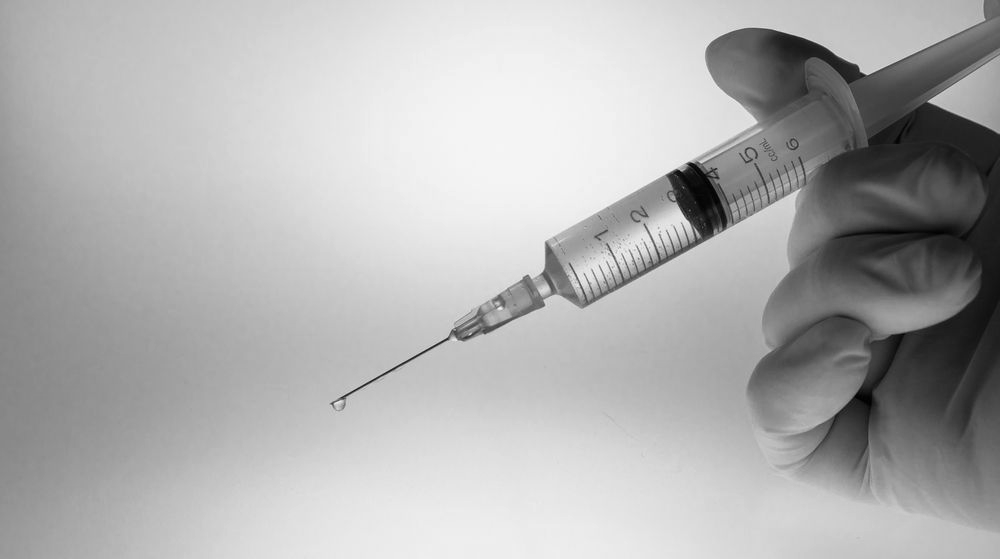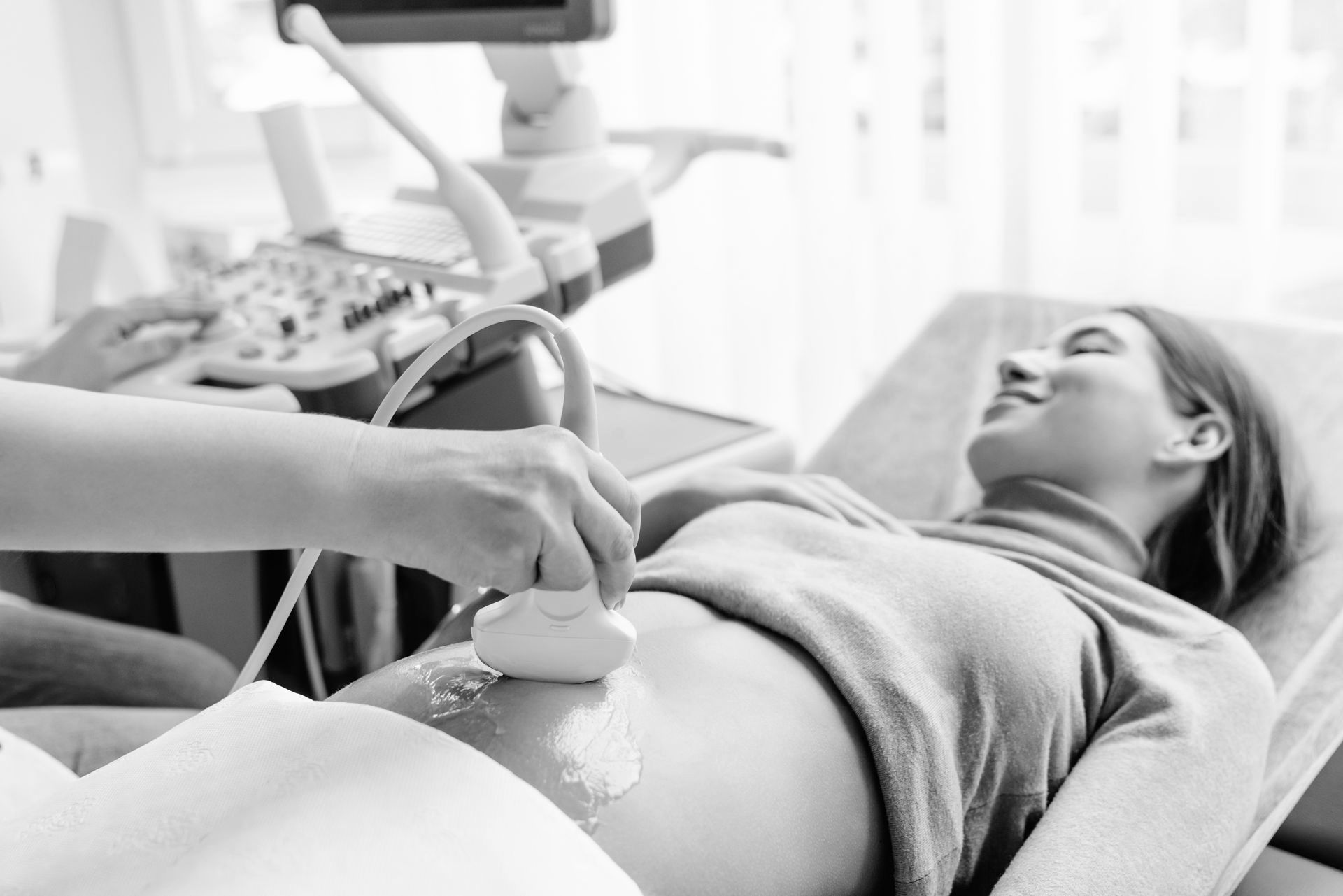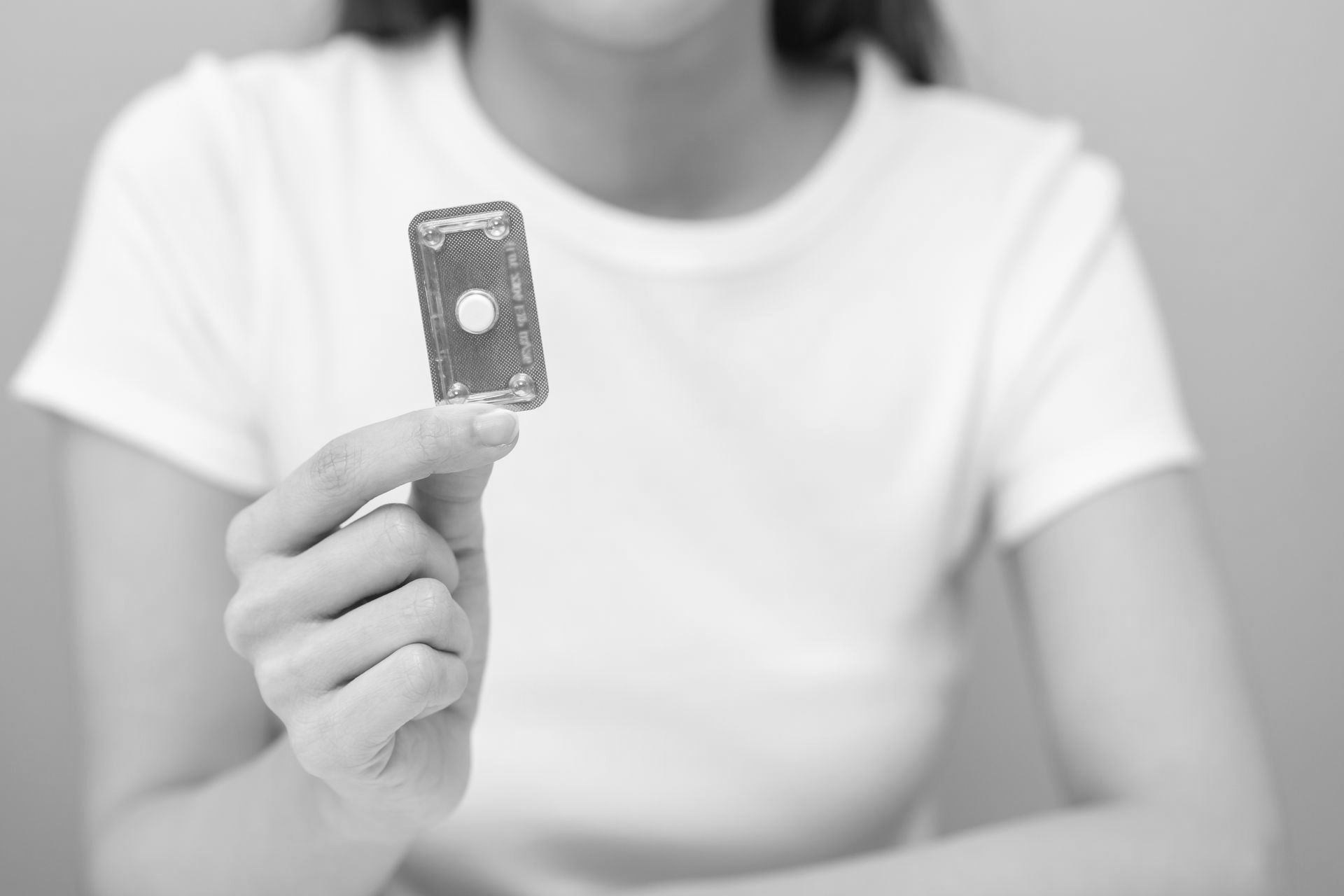When Should You Take the Morning After Pill?
Share this Article:

You have heard about the morning-after pill, but you feel that you need more information before you consider taking it. How does the morning-after pill work? Is it different from the abortion pill? What are the possible side effects? How do I know when to take the morning-after pill and when not to? These are common questions women ask, and you deserve accurate answers, which you will find here.
How Does the Morning-After Pill Work?
The morning-after pill is a high dose of the progestin hormone (levonorgestrel) that a woman can take to try to prevent pregnancy. A common brand name is Plan B One-Step. A woman might take it right after having had unprotected sex, missing multiple doses of birth control pills, or experiencing failed birth control such as a condom breaking.
The morning-after pill is different from the abortion pill. The abortion pill is used after a confirmed pregnancy has already occurred, but the morning-after pill prevents pregnancy from happening. The morning-after pill won’t cause an abortion once a fertilized egg has already implanted into the uterus.
According to Mayo Clinic, the morning-after pill works in one of three ways:
1. It can prevent ovulation.
Ovulation occurs each month around the middle of your menstrual cycle. It is when your ovary releases a mature egg. The main way the morning-after pill works is by preventing ovulation, an egg from releasing from the ovary.
2. It can prevent an egg from becoming fertilized.
Another way the morning-after pill works is by changing the movement of the released egg or sperm, which can prevent fertilization.
3. It can prevent a fertilized egg from implanting in the uterus.
If fertilization has already occurred, it is possible that the morning-after pill can prevent the fertilized egg from implanting in the uterine lining. This is the least common way the morning-after pill works.
When to Take the Morning After Pill
The morning-after pill is available at drug stores without age restriction, identification, or a prescription. Since guidance from a healthcare provider is not required either, it is common for women to have unanswered questions about when to take the morning-after pill and when not to take it. We will offer only general guidelines here. Please ask your pharmacist or doctor about specific questions you may have.
First, we will look at when you might consider taking the morning-after pill. As we discussed above, women take it when they have had unprotected sex or when birth control fails for any reason.
It is designed to be taken as soon as possible after sex – within 12 hours provides the highest chance of preventing pregnancy. The U.S. Food and Drug Administration (FDA) has approved the morning-after pill for up to 72 hours; however, research reveals it can prevent pregnancy, although less effectively, up to 120 hours after unprotected sex.
How effective is the morning-after pill? If it is taken within 24 hours, there is a 95% chance that it will prevent pregnancy. If it is taken within 72 hours, the effectiveness drops to about 75-89%. It is only 25% effective if five days have passed. The closer it is taken to the time of unprotected sex or failed contraception, the higher the chances that it will prevent pregnancy. Timing is important.
If you take the morning-after pill and discover you are pregnant, studies show that the medication does not harm the pregnancy if you choose to continue it. Research also indicates that if you take the morning-after pill while you are breastfeeding, it may decrease milk production. The pill’s hormones are passed through to breastmilk but don’t appear to cause harm to the development or health of the breastfeeding infant.
When Not to Take the Morning After Pill
We have talked about when to take the morning-after pill. Are there situations where it would be less effective, or when should you not take the morning-after pill? Yes, do not take the morning-after pill if:
- It has been more than 120 hours (5 days) since you had unprotected sex.
- You know you are pregnant, or you think you might be pregnant.
- You are experiencing unexplained spotting or pain, which could indicate an ectopic pregnancy (a medical emergency of a pregnancy outside of the uterus).
- You have a hypersensitivity or allergy to its ingredients.
- You are using it as a regular form of birth control.
- You already took one dose. Doubling up the dose does not work better or lessen the chance of pregnancy.
The morning-after pill is less effective if:
- You wait to take it. The chance of an unintended pregnancy increases as time passes after unprotected sex.
- You take certain drugs or medications, such as barbiturates or St. John’s wort, that metabolize the progestin hormone.
- You are overweight. There has been conflicting information about the morning-after pill being less effective if a woman has a BMI over 35.
Possible Side Effects of the Morning-After Pill
Side effects of the morning-after pill typically don’t last more than a few days and can include:
- Nausea or vomiting
- Dizziness
- Fatigue
- Headache
- Breast tenderness
- Bleeding between periods or heavier menstrual bleeding
- Lower abdominal pain or cramps
If you vomit within two hours of taking the morning-after pill, notify your healthcare provider for further instructions.
Missed Periods after Taking the Morning-After Pill
If you took the morning-after pill and your period hasn’t started within three weeks, make an appointment for an evaluation to determine if the morning-after pill worked or not. Willow Womens Center offers confidential, medical-grade pregnancy testing at no cost to you.
If your pregnancy test is negative and your period still doesn’t start, we are here to repeat the pregnancy test for you – also at no cost.
If your pregnancy test is positive, our compassionate healthcare professionals will provide the information you need to make a decision about your pregnancy. We will offer you a no-cost ultrasound to determine if your pregnancy is viable. We know that knowledge is empowering. You will also be given information about each of your pregnancy options so you can make an informed decision about what is best for you.
If you think you might be pregnant, make an appointment at Willow Womens Center today, and receive the caring support you deserve.
Connect with Us:


